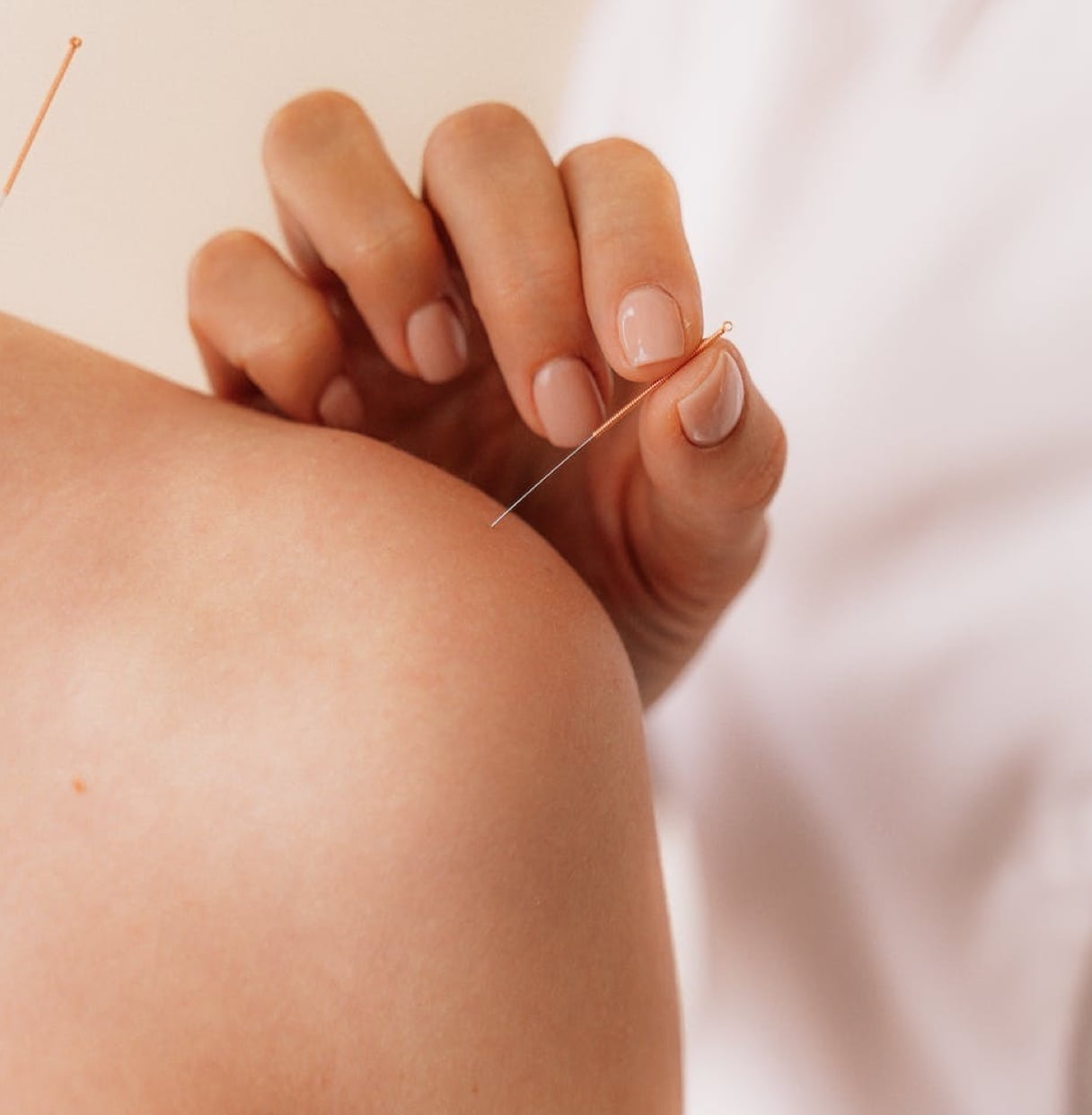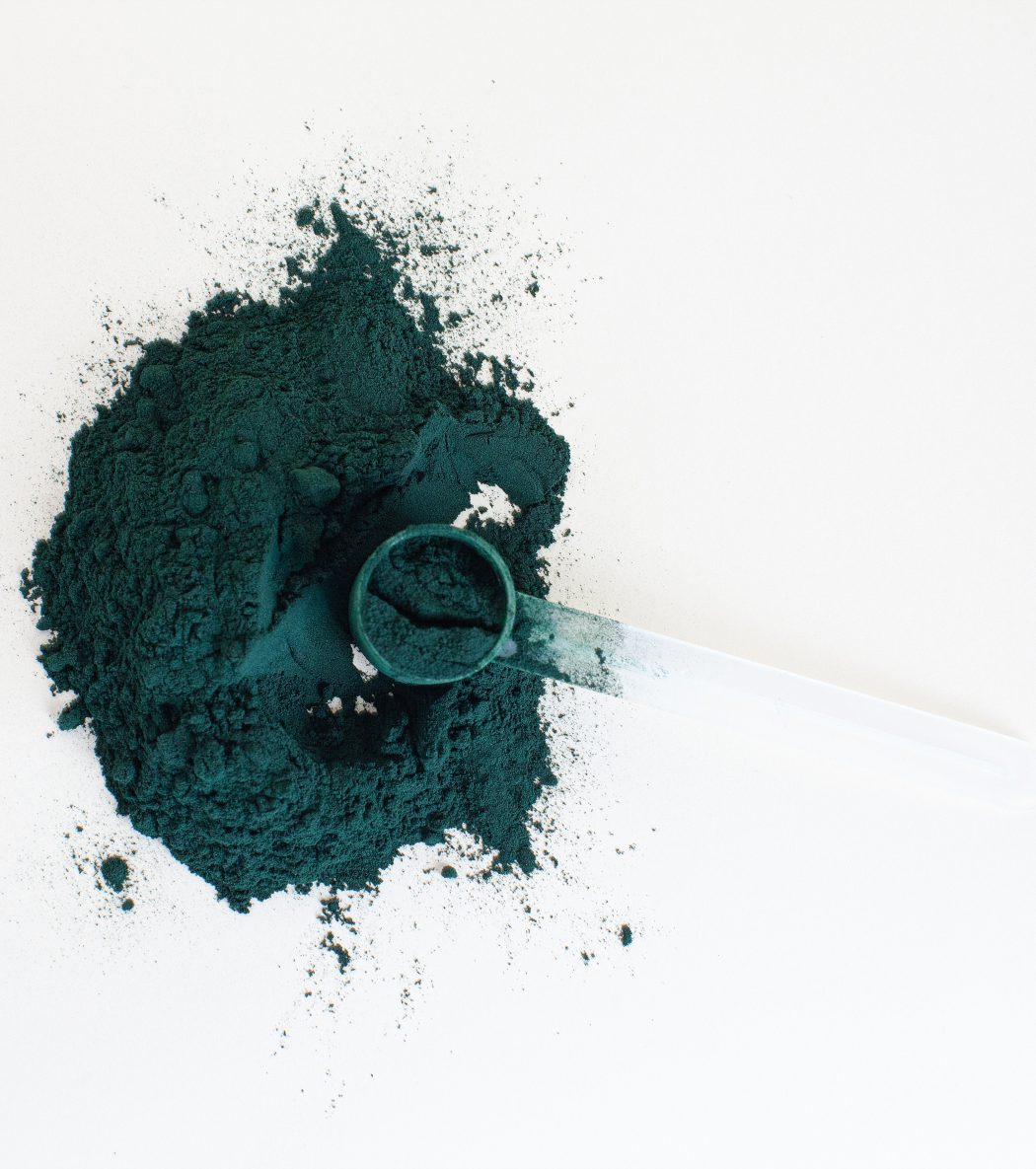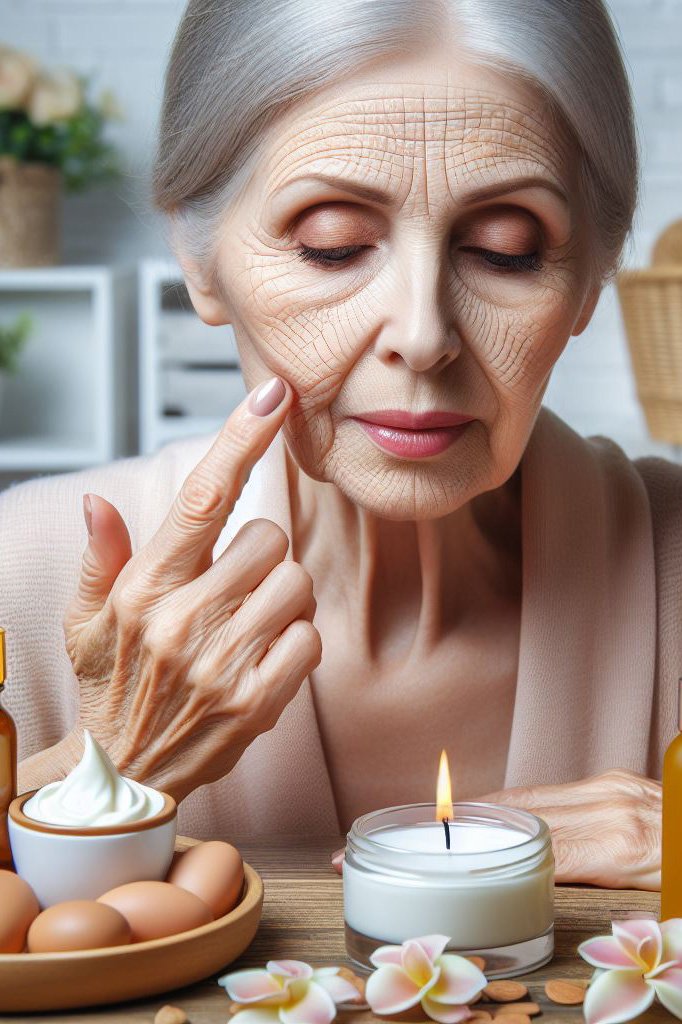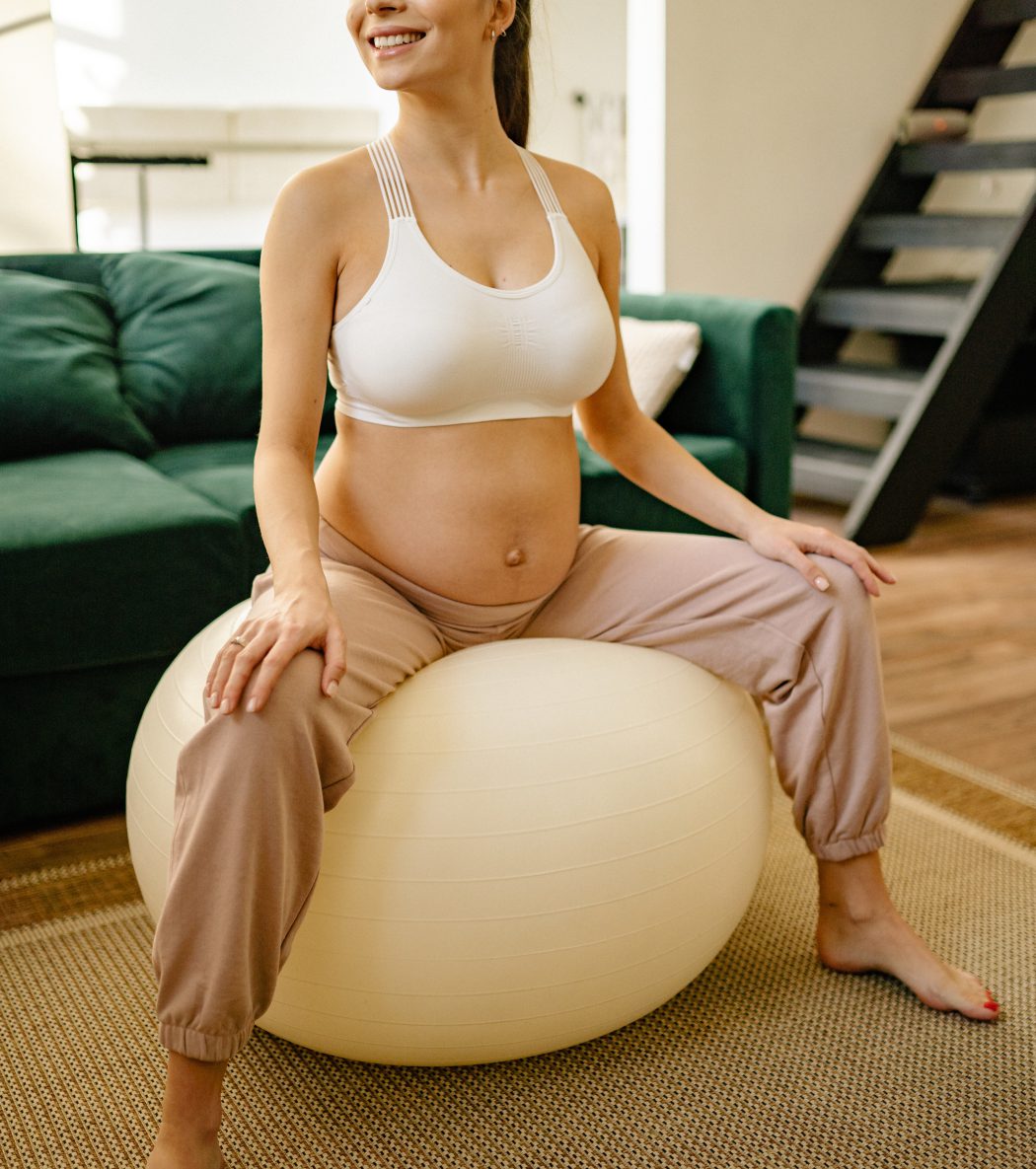If you have never tried acupuncture, you may be surprised to discover how much this
alternative medical practice can improve your quality of life.
Acupuncture is an ancient practice of traditional Chinese medicine that is gaining popularity in the West. This healing technique involves stimulating specific points on the body with fine needles to restore energy balance and relieve a variety of health problems. Although acupuncture has long been considered a fringe practice, there is a growing body of scientific evidence that demonstrates its effectiveness in managing pain, anxiety, depression, insomnia, allergies, migraines, and more. In this article, we will explore the basic principles of acupuncture, the conditions for which it can be useful, and how it works to help restore health and well-being.
Origin of acupuncture
Acupuncture is a traditional Chinese medicine practice that is over 2000 years old. Its origin is attributed to the Yellow Emperor Huang Di, who is said to have written the Nei Jing Su Wen, the oldest treatise on Chinese medicine, around 2600 BC.
The fundamental principle of acupuncture is based on the theory of Qi (pronounced “tchi”), which refers to the vital energy circulating in the human body. According to this theory, good health depends on the balance of Qi and its free circulation through the meridians, the energy channels that connect the organs. Illness, on the other hand, is due to a disturbance or blockage in the flow of Qi.
The practice of acupuncture consists of stimulating certain points on the body with fine, sterilised needles in order to restore the energy balance and promote healing. These acupuncture points are located along the meridians and have been identified by practitioners of Chinese medicine over the centuries.
Acupuncture developed in China over the centuries, with important advances in the understanding of the physiological and energetic mechanisms involved in the practice. In the 17th century, acupuncture spread to Japan, where it was combined with other manual techniques to give rise to traditional Japanese medicine. In the 20th century, acupuncture began to be practiced in the West, where it became increasingly popular. Today, it is recognised as an effective alternative medicine technique for relieving pain, treating mood disorders, sleep problems, allergies, migraines, and much more.
Acupuncture, an effective method
Acupuncture is considered an effective method for treating a variety of medical conditions and health problems. Acupuncture points are chosen based on the condition to be treated and the patient’s medical history. Scientific research has shown that this method can be effective in relieving pain, reducing inflammation, improving blood and lymph circulation, stimulating the immune system, reducing stress and anxiety, and improving sleep. The World Health Organization recognizes acupuncture as an effective treatment method for a variety of conditions, including musculoskeletal disorders, headaches, allergies, high blood pressure, gastrointestinal disorders, gynecological disorders and fertility disorders.
There are several theories about how acupuncture works, including stimulating the production of endorphins, regulating neurotransmitters, improving blood flow and activating the body’s natural healing processes. Although some aspects of how it works are still poorly understood, acupuncture is increasingly recognised as an effective method for treating a wide range of health conditions.
However, it is important to note that acupuncture is not suitable for everyone and there are contraindications to the practice. Before undergoing acupuncture treatment, it is important to discuss your complete medical history with an experienced and qualified practitioner to determine if this method of treatment is appropriate for you.
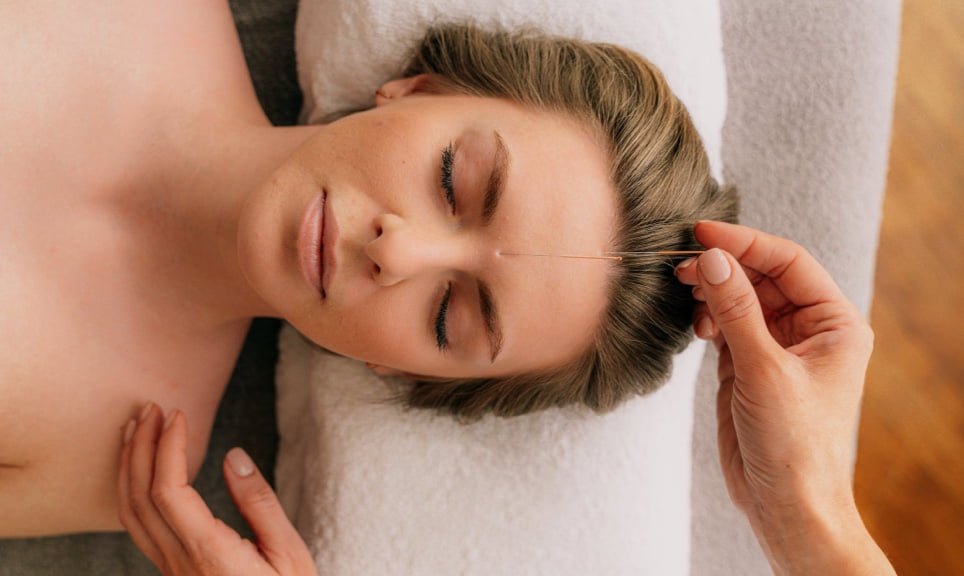

What are the benefits of acupuncture?
- Pain relief: acupuncture is often used to relieve chronic pain, including muscle pain, joint pain, headaches, menstrual pain and neuropathic pain.
- Stress and anxiety reduction: it can reduce stress and anxiety levels by releasing endorphins and regulating levels of the stress hormone cortisol.
- Improved sleep quality: this alternative medicine helps to regulate the circadian rhythm and promote better quality sleep.
- Regulating digestive disorders: Acupuncture can also be used to relieve symptoms of digestive disorders such as nausea, vomiting, abdominal pain, constipation and diarrhoea.
- Strengthening the immune system: by stimulating the production of white blood cells and improving blood circulation, acupuncture can help strengthen the immune system
- Reducing drug dependency: It helps patients reduce their dependency on medication by relieving the symptoms of many chronic diseases.
- Fertility enhancement: it is a method of regulating hormones and improving blood flow in the reproductive system, which can help increase the chances of conception.
- Allergy relief: if you have seasonal allergy symptoms such as runny nose, sneezing, itchy eyes and nasal congestion, acupuncture can help you stay clear
- Managing mood disorders: it is also an effective way to manage the symptoms of many mood disorders, such as depression, anxiety and bipolar disorder.
- Improving blood circulation: Finally, acupuncture improves blood circulation throughout the body, which helps to prevent cardiovascular disease and promote healing.
It should be noted that each person responds differently to acupuncture and that the benefits may vary depending on the condition being treated and the individual. It is also important to note that the results of acupuncture can vary from person to person. Some people may notice an immediate improvement in their symptoms, while others may need several sessions to see significant results.
Contraindications
Yes, there are some contraindications to the practice of acupuncture. Certain medical conditions may make acupuncture unsafe or ineffective, including:
- Blood clotting disorders or taking anticoagulant medication
- Pregnancy (some acupuncture points may cause uterine contractions)
- Skin infections or open wounds in the acupuncture area
- Heart problems or the presence of a pacemaker
- Psychiatric disorders such as schizophrenia or bipolar disorder (acupuncture may aggravate these conditions)
- Allergies or sensitivities to the needle or metals
It is important to discuss your full medical history with an acupuncture practitioner before undergoing treatment.
Conclusion
In summary, acupuncture is an effective alternative treatment method that can be used to treat a variety of physical and mental ailments and disorders. Although results may vary from person to person and contraindications exist, acupuncture is considered a safe and natural treatment option for many patients.
Acupuncture can also be used for preventative purposes, helping to maintain balance and overall health of the body. By using acupuncture techniques to stimulate key acupuncture points in the body, practitioners can help boost the immune system, improve blood flow, reduce inflammation and help prevent a variety of disorders.
